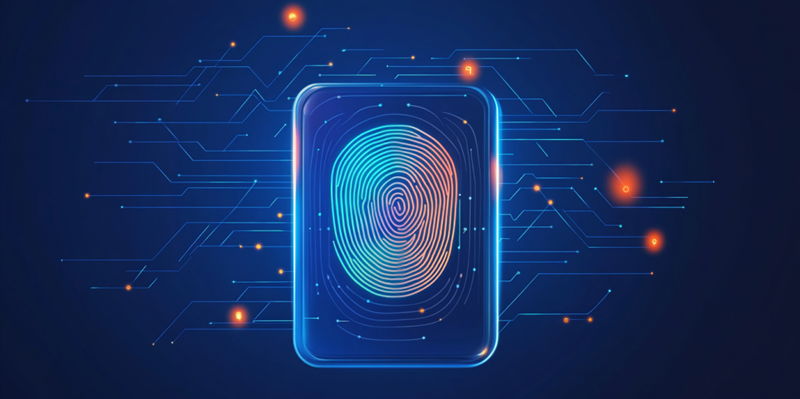Brazil once again positions itself at the forefront of financial innovation with the anticipated rollout of Pix by Approximation, a contactless payment system authenticated by biometrics and NFC technology. This advancement underscores the nation’s commitment to modernizing its financial infrastructure and promoting greater financial inclusion. Set to be introduced by February 28, 2025, Pix by Approximation integrates pre-linked bank accounts with Google Wallet, allowing users to make payments swiftly and securely using facial recognition or fingerprint scanning technologies.
The original Pix system, launched in November 2020, has dramatically transformed the payment landscape in Brazil. It provided an inclusive digital payment option for over 71 million previously unbanked individuals. Since its inception in 2019, Pix has doubled the number of digital payment users within two years, a testament to its rapid adoption and effectiveness. The system’s success is also evident in its support for nearly 800 financial and payment service providers, alongside its facilitation of transactions for 13 million businesses. This digital payment revolution has streamlined financial access, enabling millions to participate more actively in the economy.
The Evolution of Digital Payments in Brazil
Pix by Approximation represents a significant leap in Brazil’s Digital Public Infrastructure (DPI) initiative, which seeks to harness advanced technology to enhance public services and economic participation. The integration of biometrics into payment processes reflects a forward-thinking approach, mirroring similar global initiatives like India’s Aadhaar-enabled payment system. By allowing users to authenticate transactions with their faces or fingerprints, Pix by Approximation is set to make payments faster, more secure, and considerably more convenient.
However, this technological progression is not without challenges. The increase in digital payment transactions has coincided with a rise in cybercrime and fraud. The Atlantic Council reports that enhanced financial access through systems like Pix necessitates upgraded security measures. As more individuals rely on digital payments, the potential for fraud increases, compelling stakeholders to bolster their cybersecurity frameworks. Ensuring the safety of users’ financial data while maintaining the system’s efficiency and accessibility is paramount for sustained growth and trust in the digital payment ecosystem.
Toward a Secure and Inclusive Financial Future
Brazil remains a leader in financial innovation with the upcoming launch of Pix by Approximation, a contactless payment system enhanced by biometrics and NFC technology. This innovation highlights Brazil’s dedication to modernizing its financial infrastructure and enhancing financial access. Scheduled for release by February 28, 2025, Pix by Approximation connects pre-linked bank accounts with Google Wallet, enabling users to make quick and secure payments through facial recognition or fingerprint scanning.
The original Pix system, which debuted in November 2020, has significantly changed Brazil’s payment environment. It offered a digital payment option for over 71 million individuals who were previously unbanked. Since Pix’s initial development in 2019, the number of digital payment users doubled within two years, proving its rapid acceptance and efficiency. Nearly 800 financial and payment service providers have integrated Pix, and 13 million businesses utilize it for transactions. This digital payment revolution has simplified financial access, allowing millions to engage more fully in Brazil’s economy.

